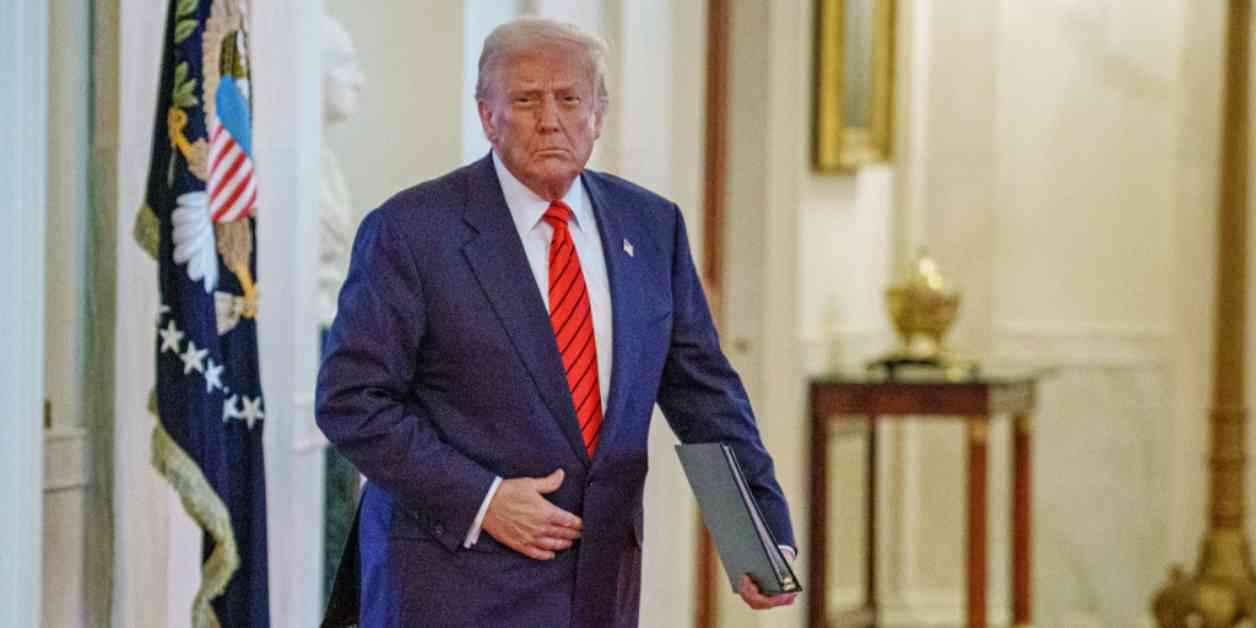The Trump Administration’s Agenda Faces Legal Hurdles
President Donald Trump’s ambitious agenda to overhaul the federal government has hit a roadblock in the form of legal challenges and court decisions. In his initial weeks in office, Trump issued over 50 executive orders targeting various aspects of the government, from citizenship rules to transgender rights. These orders have sparked a flurry of lawsuits, resulting in several court decisions that have halted or delayed some of the administration’s actions. The legal battles have shed light on the complexities and implications of Trump’s policies.
Challenges to DOGE Access
One significant legal battle revolves around the Department of Government Efficiency (DOGE) access to the federal government’s payment and collections system, which raised concerns about privacy violations. Retirees and union members filed a lawsuit against the Treasury Department’s decision to grant DOGE staff access to sensitive data. They argued that this move violated federal privacy laws and sought to prevent DOGE from accessing the data and return any harvested information. The Justice Department agreed to restrict access pending a full hearing on the matter. Additionally, a group of union members filed a separate suit to block DOGE from obtaining confidential data from the Labor Department. The legal challenges highlight the importance of protecting sensitive information from unauthorized access.
Government Buyouts Controversy
As part of Trump’s efforts to streamline the federal workforce, the Office of Personnel Management introduced a mass “deferred resignation” program, allowing workers to resign immediately but receive pay through September. This initiative aimed to reduce the federal workforce and cut costs. However, labor unions representing federal workers filed a lawsuit to halt the program, arguing that the administration lacked the legal authority to implement such buyouts. A federal judge in Boston intervened, preventing the government from proceeding with the buyouts pending a hearing on the matter. The judge’s decision underscored the importance of adhering to legal procedures in implementing workforce changes.
Birthright Citizenship Controversy
One of the most contentious executive orders issued by Trump sought to restrict birthright citizenship, sparking nationwide legal challenges. The order aimed to limit citizenship to individuals with at least one parent who is a U.S. citizen or permanent resident, excluding children born to temporary residents. Multiple lawsuits across the country contested the order, resulting in federal judges issuing nationwide injunctions to block its implementation. The judges emphasized that citizenship by birth is a constitutional right that cannot be altered by executive orders. The legal battles over birthright citizenship underscore the significance of upholding constitutional rights in the face of policy changes.
The legal hurdles facing the Trump administration highlight the complexities and implications of its policies. As the courts weigh in on various executive orders, the outcomes will shape the future of government operations and constitutional rights. The legal battles serve as a critical reminder of the checks and balances in place to safeguard the rule of law and protect citizens’ rights. The evolving legal landscape underscores the importance of transparency, accountability, and adherence to established procedures in governance. As the legal battles unfold, they offer valuable insights into the intersection of policy, law, and governance in shaping the nation’s future.


